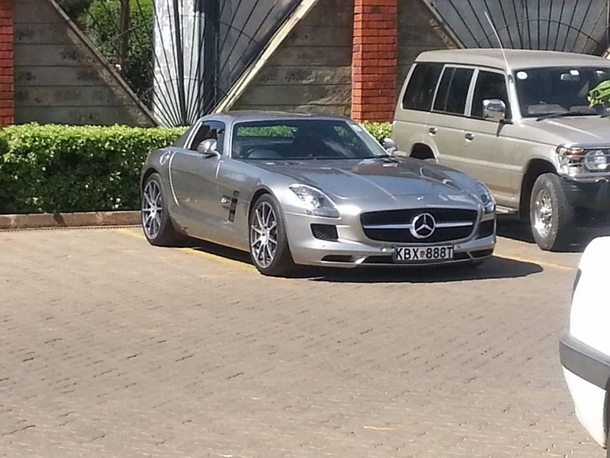Two foreigners have been charged with the illegal assembly of Isuzu trucks.
They are accused of irregularly importing spare parts in what prosecutors say is a multi-billion shilling syndicate.
Abubakar Said Abubakar and Ahmed Saled Al Amry are suspected to have assembled at least 5,000 trucks using parts imported from Hong Kong where they had been condemned.
It follows an exclusive report in The Standard in May where investigations found at least 100 trucks under assembly.
Mr Abubakar and Mr Amry were arrested for importing six chassis and tens of truck engines on July 21, bought as scrap.
The suspects denied the charges before Mombasa Chief Magistrate Edna Nyaloti on Wednesday last week and were released on Sh300,000 cash bail each.
Environmental guidelines
Kenya Revenue Authority, in its renewed pursuit of tax evaders, intercepted and seized two containers with the misdeclared cargo, leading to the arrest of the traders. This misdeclaration is usually aimed at illegally bringing into the country vehicles that are older than eight years, the upper age limit allowed.
Strict environmental guidelines on emissions in many developed countries, including Hong Kong, has seen vehicles condemned despite still being serviceable.
In such cases, the cars are stripped for parts that are then sold as scrap metal.
Investigators believe that the parts recently seized could have been purchased as scrap metal and the consignment then declared as a Mitsubishi canter truck, contrary to what was found after verification.
Investigators puzzled
Importing individual parts would ordinarily be costlier than a complete unit for vehicles, which has left investigators puzzled at how the opposite is possible.
More than a thousand trucks fraudulently assembled are already on Kenyan roads, complete with ‘proper’ registration from the custodian of vehicle records, the National Transport and Safety Authority (NTSA).
A purge on rogue NTSA officials who have enabled the fraud is already underway, according to Interior Cabinet Secretary Fred Matiang’i.
He had previously acknowledged that the rot in the institution was enabling various fraudulent activities, including multiple registration plates for different vehicles. It is feared that the racket has been going on for at least a decade.
SOURCE: standardmedia.co.ke





![Here are some of the best tuned cars in kenya by state of the art garages [PHOTOS]](../../../blog/wp-content/uploads/2013/11/29402_10151301757042065_340470732_n-e1384498044289.jpg)

![Top 20 Used Cars to Avoid Buying in Kenya ? [PHOTOS]](../../../blog/wp-content/uploads/2013/11/top-used-unreliable-cars-to-avoid2-100x70.jpg)



